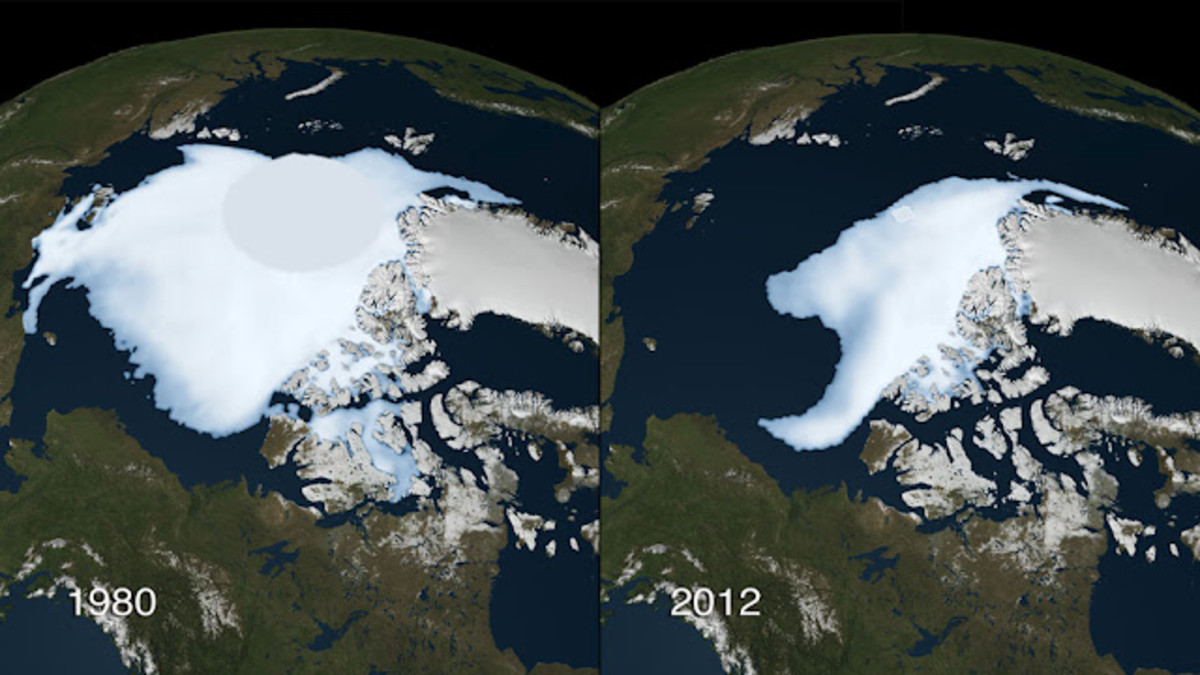The Future of Suburbia

The End of Suburbia?
When I saw the title of pgrundy's recent hub "What Kind of Doomer Are You? Pick Your End of America Scenario" I had to laugh. I've been a doomer since I was a teenager in the booming 90's. Somehow the optimism of youth passed me by, though considering that the alternative to doomer in those days was "mall rat," I am okay with that. I've always hated shopping.
One of the authors that I read was James Howard Kunstler, author of several books, including The Geography of Nowhere and The Long Emergency. Kunstler believes that suburbia is "the greatest misallocation of resources the world has ever known" and that the end of the age of cheap oil will see the suburbs turn into slums.
I agree, unequivocally, that suburbia as it is presently understood represents a lifestyle that is not only unsustainable but doomed. However, I question his vision of the future of suburbia.
I think in some areas, it is likely to come to pass. However, in most of the country, I believe suburbia is here to stay, though radically changed from its current lifestyle.
Why Suburbia is Here To Stay
From a practical perspective, the suburbs are built, and it will be both cheaper and more environmentally sustainable to maintain them, rather than to tear them down and rebuild our infrastructure from scratch. Certainly, some of that is likely to occur, but I believe it will be insignificant.
More importantly, though many environmentalists applaud the efficiency of well-planned urban areas, urban areas still face the central problem of having to truck in the majority of their resources from outside. In a post-cheap oil world, that simply will not be possible on the scale necessary to support the kind of populations that currently exist in the cities. Green roofs, living walls, and similar practices would help improve the sustainability of urban areas, and living machines could in theory be adapted to produce food as well as waste water treatment, but these are still only stop-gap measures.
Suburbs, only the other hand, not only have land to spare, they have, in many areas, some of the best gosh-darned farmland in the world to spare. Come check out my hometown, Omaha, for an example. Twenty years ago, when I was a little girl, the city pretty much stopped at 132nd street. (Omaha is bounded on the east side by the Missouri River and Iowa, so it has nowhere to go but west). Today, it's out at 240th and counting. Those 100+ blocks were farmland 20 years ago, and some of the finest farmland in the world.
Now, because developers, on the whole, are morons, the land under those suburbs has been stripped and rearranged, so it's not what it once was, but we are still looking at miles and miles of good dirt currently occupied by nothing more productive than Kentucky bluegrass and the occasional sad shade tree.
Is a 1/4 acre lot enough to sustain your average family of four? Probably not (though the Dervaes family is doing its darndest to prove that statement wrong, and what's more, it's succeeding!), but it sure as heck will sustain a family of four better than the balcony of a city apartment.
Homegrown Revolution
Recommended Reading
The Future of Suburbia
For these reasons, the physical structure and layout of suburbia is unlikely to change significantly. However, the lifestyle of suburban residents is likely to see enormous changes.
I believe the future will see a significant relaxation of zoning regulations dealing with home-based agricultural and business enterprises in the suburbs.
The privacy fences separating many backyards will start to come down in order to maximize space for gardens, and suburbs may have community gardens and minifarms that extend for several blocks in the space between houses. Athletic fields and golf courses will start to be maintained by sheep instead of groundsmen driving gas-guzzling lawn mowers. (Pound for pound, sheep are one of the single most useful and efficient animals alive, producing meat, milk, and wool, among other products.)
In windy areas, wind energy generation combines well with gardening and even better with livestock grazing. Roof-tops can be used for green roofs to grow more food, solar energy, or both.
Residents with useful skills will start to set up shop in garages and spare rooms and conduct business from their homes.
A return to living in extended family units is likely over the long term, while the larger "McMansions" may end up housing multiple families.
In short, I believe the suburbs of the future, rather than continuing on their current unsustainable path or falling apart into miserable slums, will function in many regards more like small towns than bedroom communities: increasingly localized, self-sufficient and, and independent.
Resources
- Relocalization Network
Relocalization is a strategy to build societies based on the local production of food, energy and goods, and the local development of currency, governance and culture. - Transition Culture
An Evolving Exploration into the Head, Heart and Hands of Energy Descent - Culture Change
Culture Change demonstrates alternatives to sprawl and petroleum dependence while fighting new road construction. - Peak Oil: Life After the Oil Crash
Peak oil and peak oil preparedness





